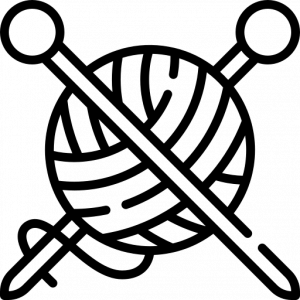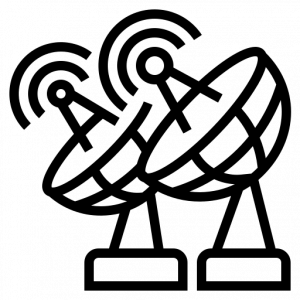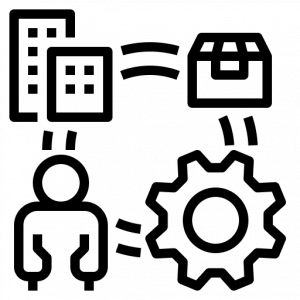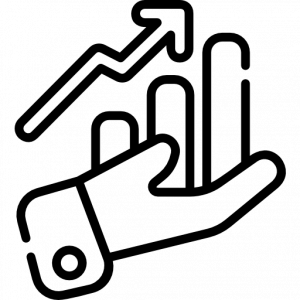Lean Six Sigma In Manufacturing Industry
Who we are
Lean Six Sigma is defined as a business improvement method that aims to maximize the stakeholder’s value by improving quality, speed, customer satisfaction, and costs. It merges tools and principles from both Lean and Six Sigma to do this. It has become the most popular business strategies for deploying continuous improvement . Some of the long term chronic problems of manufacturing companies are-
- Low productivity
- Lower machine efficiency
- High rework
- High inventories
- High product wastage etc
These problems cannot be solved using only experience, logic and intuition. You might be a good operation’s person, a good engineer or an excellent operator, but you need to have basic knowledge and understanding of some problem solving and process improvement tools too. The DMAIC methodology of Lean Six Sigma can improve your processes in manufacturing.
DMAIC- Define, Measure, Analyse, Improve and Control phase that helps you reduce existing process problems with unknown causes. Here the staff of the manufacturing unit are trained as Green Belts and Black Belts and they convert all the problems into improvement projects. The difficulties now become opportunities! Then they complete these projects and get certified. It is a win-win for both the organizations and its employees!
Benefits of Lean Six Sigma
Firstly, Lean Six Sigma focuses on removing the 7 wastes like overproduction, transportation, inventory, etc. from a process. In the manufacturing sector this step can lower the cost of a process by leaps and bounds. Secondly, Lean Six Sigma focuses on solving problems caused by a process. Defects in your product can cost your organization a fortune.
Let’s learn about some Lean Six Sigma tools that can be used in the manufacturing sector-
- Value stream mapping
- KANBAN
- 5S
- Cause and Effect analysis
- Control charts
- DMAIC
- 5 Whys
- Kaizen
- Ishikawa Diagram
5S – An organized and well stocked workspace becomes important if you want to eliminate waste and reduce errors. 5S is the way to do it.
Control Charts – How a process behaves over time is tracked using Control charts. You can identify and differentiate between special and common causes and take appropriate action.
KANBAN – Kanban is a visualizing principle based on maximizing the flow of goods and work without unnecessary inventory or transportation.
5Whys – The 5 Whys is a brilliant yet simple method to reach the root cause of a problem.
Hypothesis tests – to establish relationship between outputs and inputs. You can find out what are the factors influencing your productivity and defects in the products.
Value Stream Mapping – is used for defining and assessing the movement of raw materials from the beginning of the process to delivery to the customer. It is a way in which the current state of a process is documented.
Lean Six Sigma in various industries
Other Related Courses

Lean Six Sigma Green Belt
Experience the true power of Lean Six Sigma Green Belt with Anexas!
4.7
(35,000)
(35,000+ students enrolled)

Lean Six Sigma Black Belt
Experience the true power of Lean Six Sigma Black Belt with Anexas!
4.7
(25,000)
(25,000+ students enrolled)

Lean Six Sigma Master Black Belt
Experience the true power of Lean Six Sigma Master Black Belt with Anexas!
4.7
(30,000)
(25,000+ students enrolled)

PMP Certification Course
Experience the true power of PMP Course with Anexas!
4.7
(25,000)
(25,000+ students enrolled)

CPHQ Certification Course
Experience the true power of CPHQ Course with Anexas!
4.7
(25,000)
(25,000+ students enrolled)
Power BI Certification Course
Experience the true power of Power BI Course with Anexas!
4.7
(15,000)
(15,000+ students enrolled)







